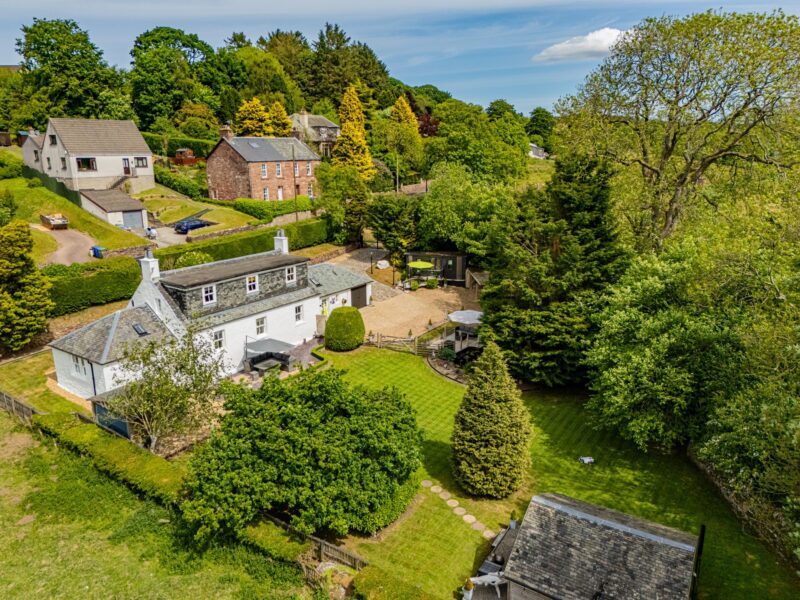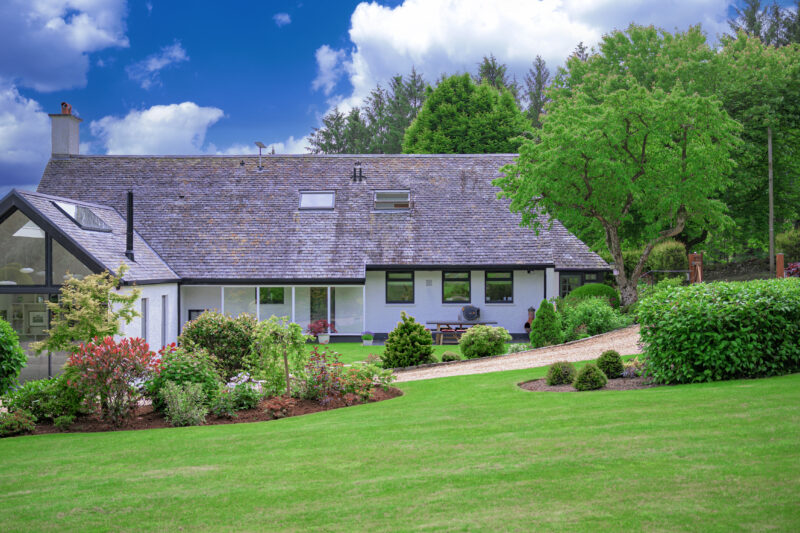
Top Tips for Finding a Home to Purchase
As one of life’s most stressful, as well as exciting events, there’s a lot to buying a home. Here we break it down into ten steps, with all the important points to consider first before stepping onto the property ladder.
Get your finances in place
Unless you are a cash buyer, you are likely to need to secure a mortgage to buy your new home. As a first time buyer, before you look at your mortgage options, you’ll need to be sitting on some savings you can use as a deposit – typically 5-10% of the property purchase price. Before heading straight to the bank with mortgage enquires, approaching a mortgage broker or independent financial advisor can help navigate you around the multitude of mortgage options in the market, as well as helping to identify how much you are likely to be able to borrow and which institutions are likely to lend to you. Your aim is to get an ‘agreement in principle’ from a mortgage lender, a document that states how much they would be willing to lend you. Having this will mean estate agents and sellers are likely to treat you as a serious buyer, when it comes time to making an offer and securing the property you want. You’ll need to remember to have enough in the budget to cover additional costs when it comes to buying and moving, such as legal fees, stamp duty and removal costs.
Identify your personal property criteria
Working within your budget and what you can afford, you can then start to draw up a list of criteria you want your new home to meet. At this stage it’s important to differentiate between your needs and wants, your ‘must-haves’ and ‘nice-to-haves’. Your local Clyde Property branch can help you manage your expectations as well as suggest important factors you may not have considered, leading you to have a look at properties you may not have even considered yourself. We can also put you on our database so that the minute a suitable property becomes available, you’ll be alerted.
Is your home for sale yet?
If you are a home-owner, it’s a good idea to get your home on the market before you get carried away with looking for your next dream home. This is especially important in fast-moving, competitive markets where you need to move fast to secure a purchase. Having everything sorted at your end decreases the chances of being slowed-up in a chain. Talk to your local branch about what your home is worth and how the market is performing in your area. We can also give you some comparisons to help manage your expectations of the price achieved and the time it may take to sell your home.
Start the property search
Searching for property tends to start online these days, however don’t under-estimate the value and breadth of knowledge your local estate agent has. A good relationship with an estate agent who knows you are a serious buyer can help you stay ahead when it comes to the search, instead of waiting until new properties are listed online. Be clear on the areas you are interested in, your budget, property requirements and timeline and make your estate agent work with this in mind.
Keep track of which properties to view
Once you start going through online listings and information given by estate agents, create a list of the properties you are serious about going to see. It requires a bit of back and forth between estate agents and the current owners to arrange viewings so keep a note of all details and try not to over-stretch yourself with too many viewings at once so as you don’t get confused between properties or find you have ‘viewer-fatigue’.
First viewing
Prepare for a first viewing by making a list of all the things you want to check out about a property as well as questions you’d like to ask about the property, building and area too. What’s your first general impression? Take a note of the outside of the property, any communal areas, driveways, garages and gardens as you arrive. Inside, notice how the property layout flows, check out storage and establish whether you could afford any interior renovations that might be needed. Immediately after the viewing, try and jot down some notes to help aid your memory later.
Second viewing
Having viewed various properties to give you an idea of what is available in the area and for your budget, you can then narrow down to the ones that best met your list of criteria for a second viewing. Arrange at a different time of day than when you first visited, to give you a different context. Viewers often report how different a property seems upon a second visit and you will most certainly notice things you didn’t first time around. Be a bit more thorough this time around, opening storage spaces, turning on taps to check water pressure and check heating, gas and electric outlets – just be sure to be polite and ask first. It’s also a good time to enquire about what fixtures and fittings are included in the asking price.
Time to make an offer
If you decide a property is worth putting an offer in for, let your head rule your heart from the outset and set a budget that stops you from offering way over what you can afford. Take your basis from the offers over price as well as noting how long the property has been on the market and how much properties have sold for nearby. Everything is up for negotiation at this stage, including what fixtures are included in the price and any timelines you may have in terms of move in dates.
Negotiating the price
Once your offer is put forward, the seller will decide whether to accept or reject it. If they think your offer is too low they will want you to increase the amount and negotiations will start with your estate agent as go-between. An experienced agent will suggest a figure that they think their client will find acceptable, giving you the best chance of securing the property at a price that is fair for all involved.
Offer accepted!
A great moment, but remember nothing is legal until contracts are signed, with either party able to change their minds until all the legal documents are signed, though most sales will go through successfully at this stage. At this point you need to employ a solicitor or conveyancer to handle the legal aspects, before you can arrange move-in dates, start moving out and then settling into your new home!








